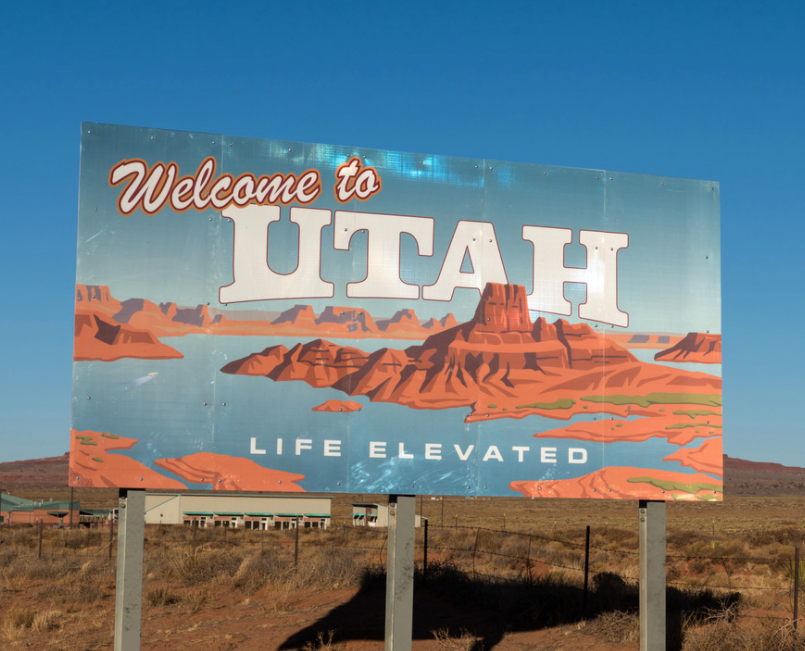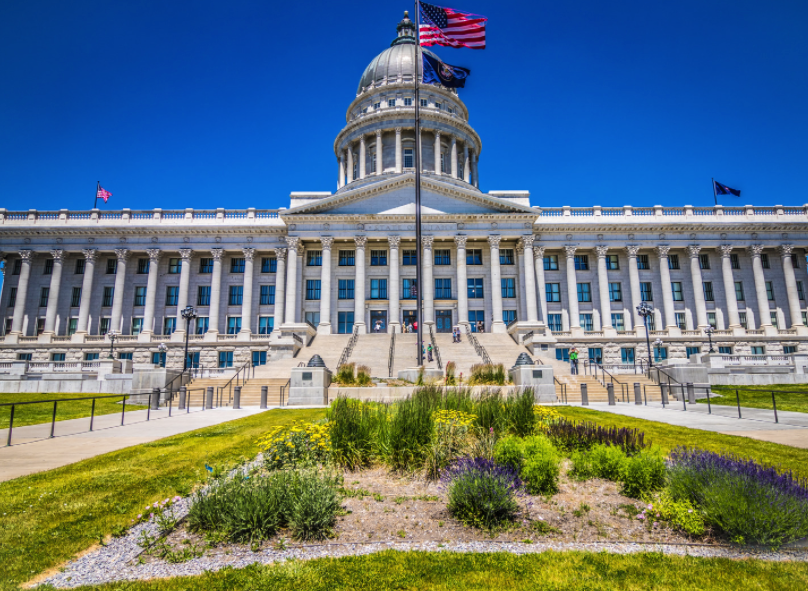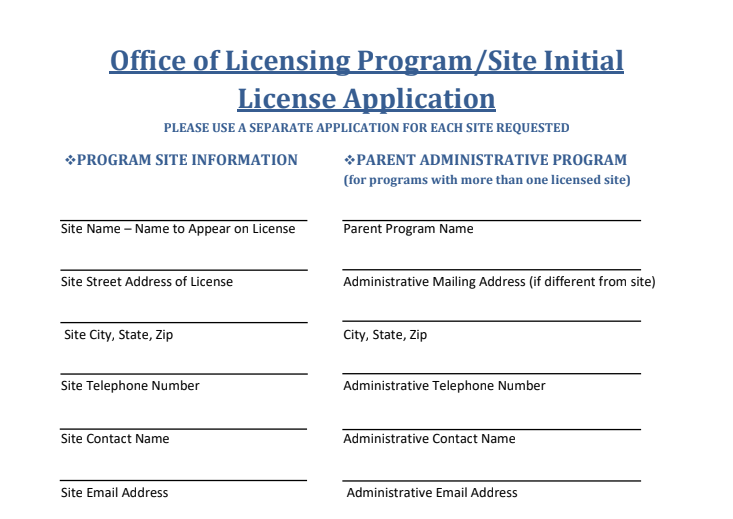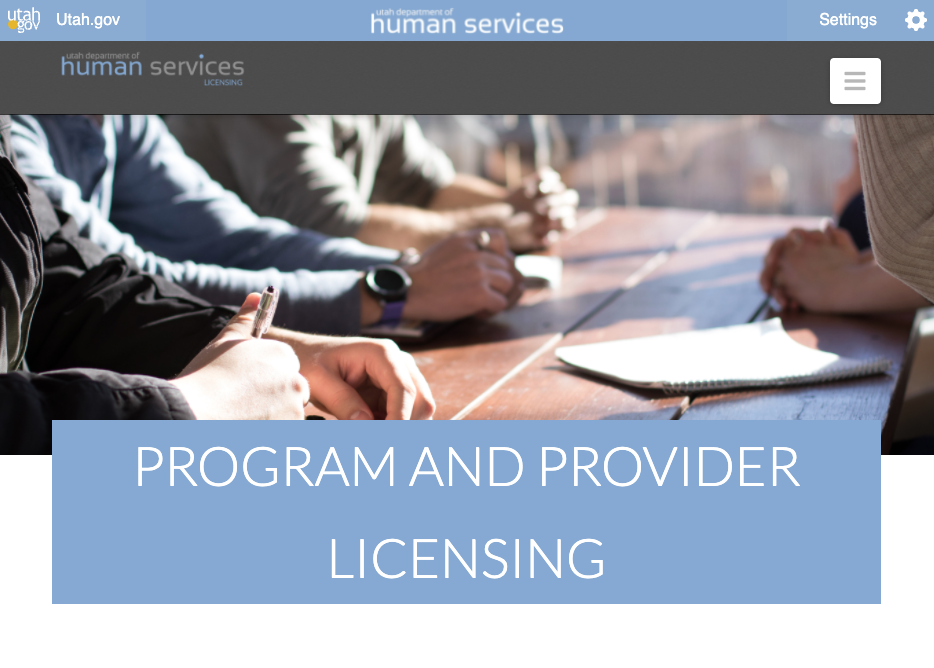Utah has a complicated relationship to addiction. Because the Mormon church claims nearly 69% of the state’s population, addiction and treatment are both influenced by religious issues, as well. Despite strict rules against drug use in the Mormon church, Utah saw one of the most devastating prescription opioid-related overdose death rates in the country in the 2010s. Some critics attribute the overuse of prescription opioids in Utah to church-related issues, although this is controversial. Still, youth drug and alcohol use and abuse rates in Utah are among the lowest in the country. Anyone looking to open an addiction treatment center in Utah would do well to take the particular cultural and religious trends in Utah seriously and educate themselves on how to provide culturally competent care in Utah. Now, let’s look at a few more trends that anyone looking to open an addiction treatment center in Utah should be aware of.
Licensed Addiction Treatment Center Trends in Utah: Overdose Deaths See-Saw, Rural Counties Struggle With Treatment Access
While Utah health officials were happy to see both opioid-related and meth-related rates of overdose decline in advance of the COVID-19 pandemic, those rates are expected to climb back up in the wake of the increasing “deaths of despair” attributable to pandemic conditions. In other words, Utah’s addiction problems are far from over. Still, Utah is making some inroads against addiction. You can get free naloxone now at libraries in Salt Lake County, for example.
Predictably, overdose death rates are worst in the Utah counties with the fewest existing treatment options. Rural Utah struggles to access services, despite counties like Carbon and Emery seeing overdose rates three times higher than the national average. Salt Lake City neighborhoods Glendale and Rose Park, as well as downtown Ogden, are also hotspots for addiction and overdose in Utah. If you’re thinking of opening an addiction treatment center in Utah, consider exploring rural markets and alternative delivery methods, such as tele-health programs, to help connect more Utah residents with treatment options.
Today, we’ll examine what it takes to open an addiction treatment center in Utah and learn the steps to getting an outpatient or residential facility licensed in the state.
Utah Requires all Behavioral Health Providers - Including Addiction Treatment Centers - to Obtain a License
According to Utah Code 62A-2-108, there are only a few organization types that don’t need to obtain a license to provide addiction treatment in the state.
Except as provided in Section 62A-2-110, an individual, agency, firm, corporation, association, or governmental unit acting severally or jointly with any other individual, agency, firm, corporation, association, or governmental unit may not establish, conduct, or maintain a human services program in this state without a valid and current license issued by and under the authority of the office as provided by this chapter and the rules under the authority of this chapter.
The exceptions to this rule probably don’t include the addiction treatment facility you have in mind. Exempt facilities fall under these narrowly defined categories, as defined in 62A-2-110:
Federal programs
Department of Corrections programs
Private practice group or individual counseling
Hospital facilities
Boarding schools
There’s another small “exception,” too: If you will serve fewer than 3 clients, you only need to apply for a certification in Utah, rather than a license. The process is more streamlined and the application is less lengthy. Very few programs will fit into this exception.
Licensing Fees for Addiction Treatment Centers in Utah are About Average
The Utah Department of Human Services Licensing Division is responsible for providing a licensing process for all behavioral health organizations in Utah. For all outpatient and residential treatment programs, they’ll assess a $900 initial application fee, which is inline with the national average. There is no “per bed” fee.
The Application for Getting Your Addiction Treatment Center Licensed in Utah is Pretty Straight-Forward
The initial application for addiction treatment center licensing in Utah is 17 pages long, but most of it is basic instructions. Utah uses one licensing application form for many different types of organizations - everything from foster children group homes to adult daycares - so many of the sections don’t apply to addiction treatment businesses.
The application covers standard areas such as:
Program site information
Client demographics
License category and fees
Program affiliations
Program governance (owners and directors)
Required Disclosures (conflict of interest disclosures)
Required documentation (more on this below)
Background check information
Declarations
Once You’ve Submitted Your Addiction Treatment Center License Application, the Rest of the Licensing Process in Utah is Pretty Standard, Too
After you’ve mailed in your application along with your initial application fee (no, Utah hasn’t updated to an online portal system yet), your application will be processed by a staff person Utah calls an “intake licensor.” If you didn’t include it with your initial application, your intake licensor will request that you supply the following required documentation:
Policy and procedure manual (which should include a quality assurance plan and an emergency plan)
Business license
Proof of fire inspection
Proof of any applicable health inspections
Proof of insurance
Your org chart
List of owners and/or board of directors
Once you’ve supplied these documents to your intake licensor, you’ll need to complete a background check process for all pertinent parties with the Direct Access Clearance System (DACS).
When that’s done, the state will do a site visit to complete the physical safety inspection of your facility and they’ll do a final review of your policy and procedures manual to be sure that you’re in compliance.
Finally, if all is found to be adequate according to state regulations, your addiction treatment facility is issued a license to operate in Utah.
There are Different Rules and Checklists for Outpatient and Residential Treatment Centers Looking to Get Licensed in Utah
Utah has different rules and different licensing checklists for outpatient treatment programs versus inpatient treatment centers, although both types of addiction treatment programs are generally required to get licensed.
Utah makes the exact checklist form used by licensing inspectors during site visits available online, so you can be sure that you’re satisfying all requirements ahead of time. Very few other states do this, so definitely take advantage of this resource when you’re planning and preparing for addiction treatment licensing in Utah.
Here’s some handy links to Utah’s rules and licensing checklists for both types of programs:
Get Your Addiction Treatment Center Started in Utah the Smart Way
Behave Health is committed to making it easier - and more profitable - to operate evidence-based, results-focused addiction treatment centers.
Our all-in-one app puts clinical, administration, staff, admissions, alumni, residents, treatment plans, billing, insurance authorizations and more - all at your fingertips.
Get your free trial started today and see why more addiction treatment centers prefer Behave Health.
Need help with certification? Behave Health can also help direct you to the right resources for help with Licensing or Accreditation by either The Joint Commission or CARF. Mention to your product specialist that you’re interested in this service after you start your free trial.






